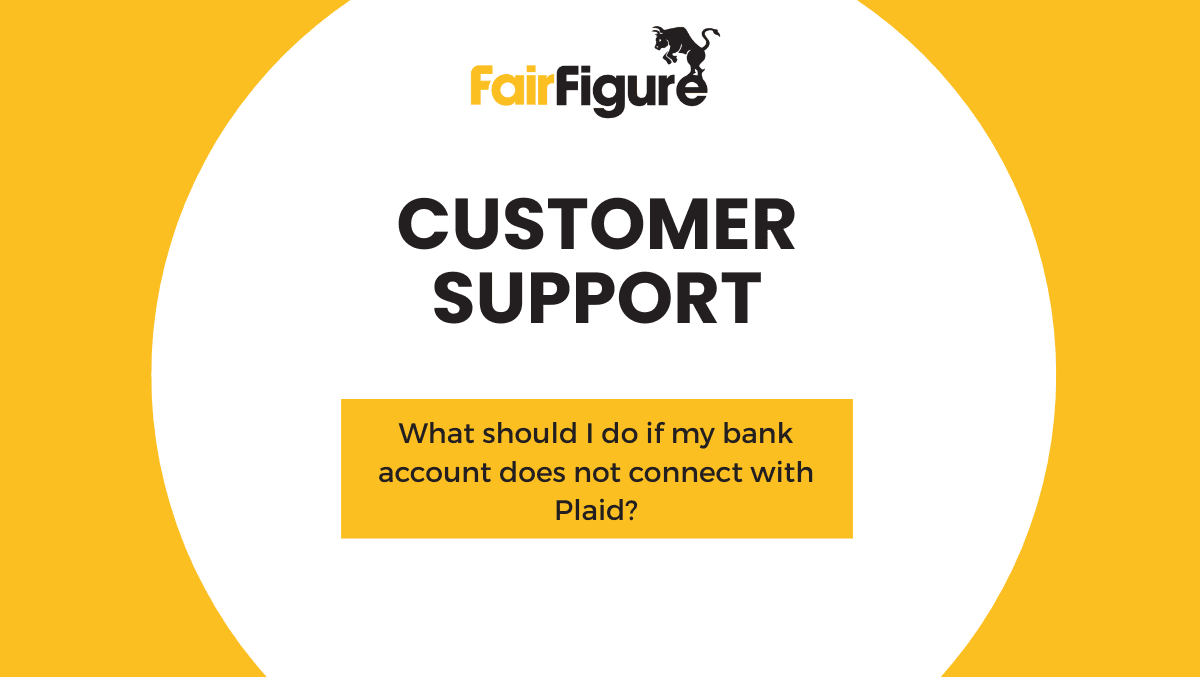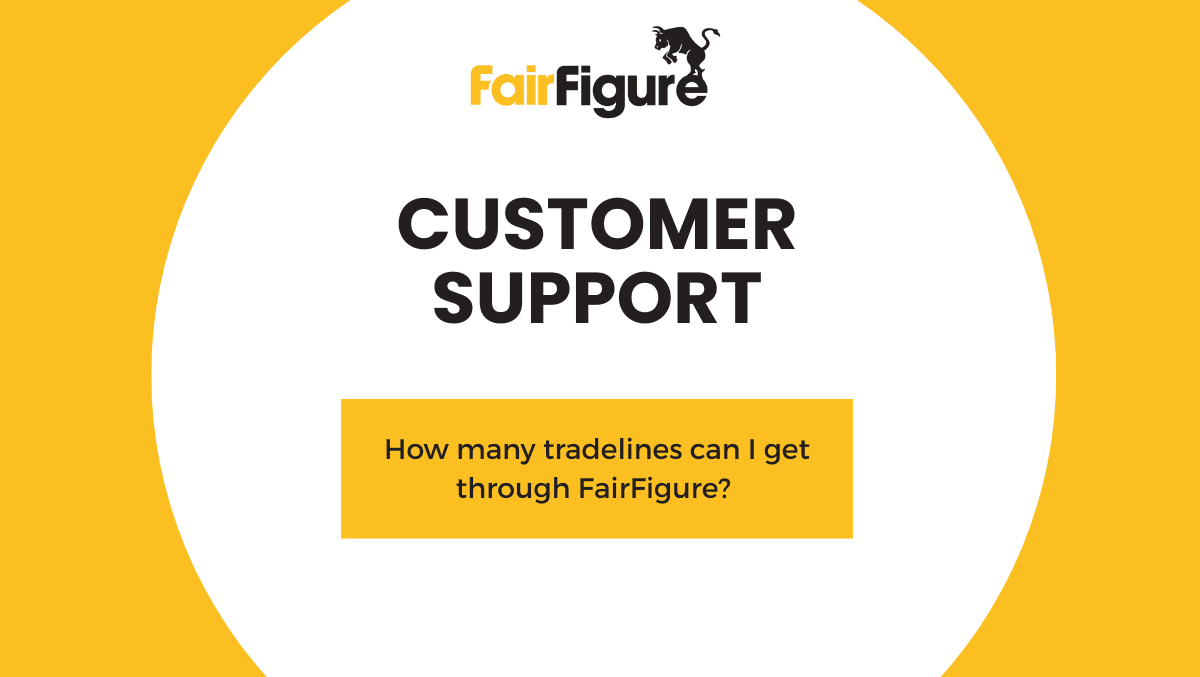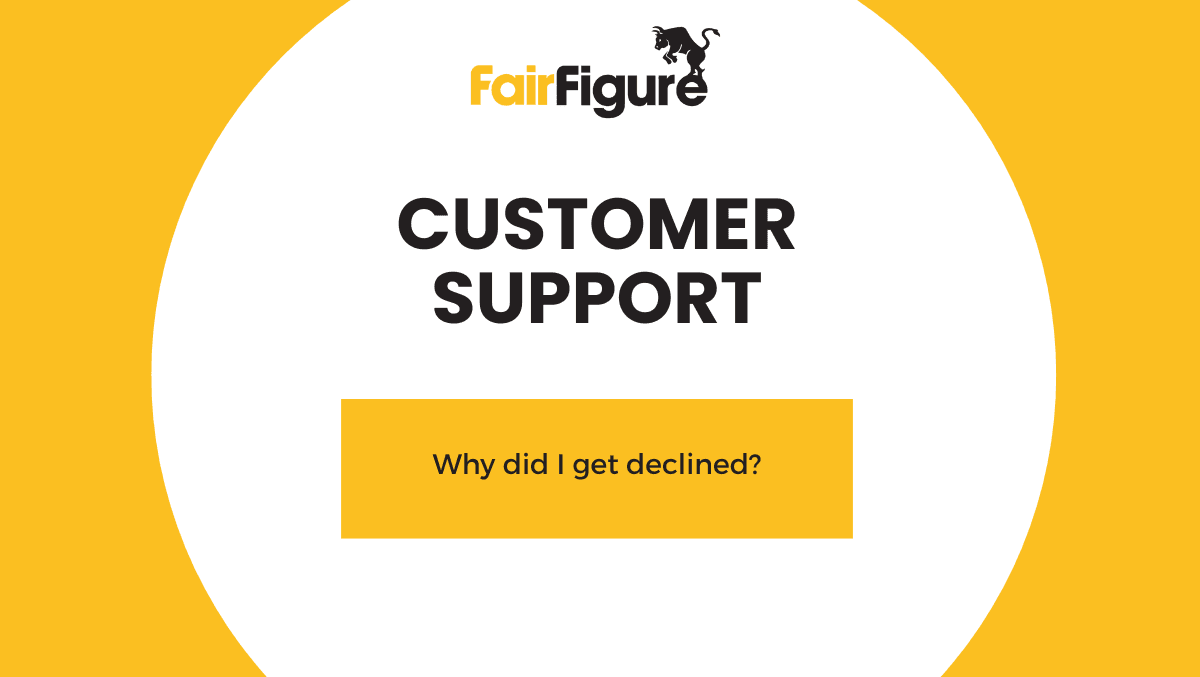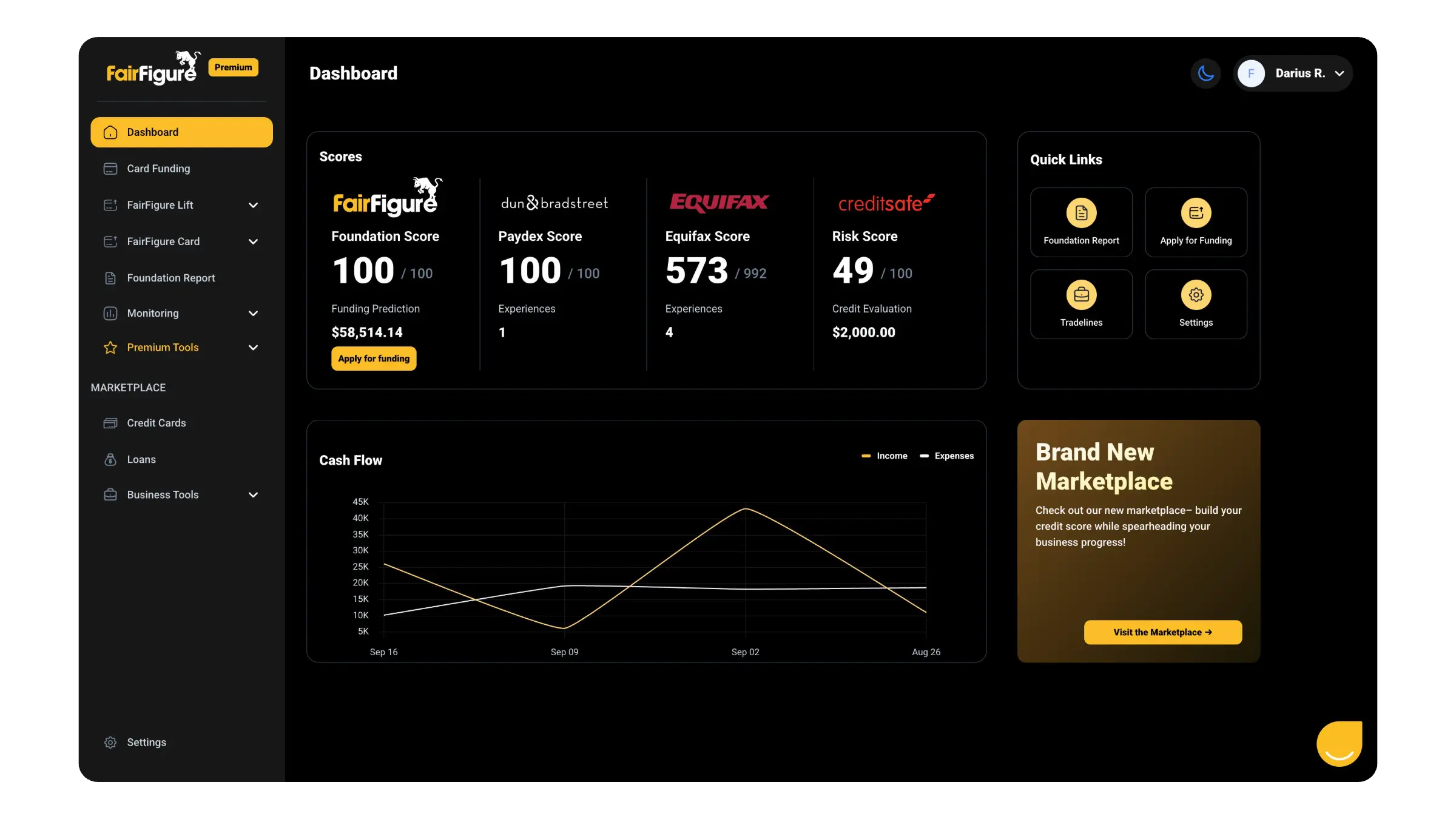Grants for Immigrants to Start a Business
Author: Nick Alex Gallo
January 23, 2026
7 min read
TABLE OF CONTENTS

Start your credit building journey for your business

Starting a business is rarely easy, but the barriers to entry can be especially high for new arrivals to the country. Administrative hurdles, lack of a U.S. credit history, and communication issues can make immigrant entrepreneurship much more challenging.
Fortunately, there are many grant programs designed to help close that gap. Some offer funding directly to small business owners, while others prop up intermediaries that provide training, guidance, and support to underserved entrepreneurs.
Let’s explore five of the best government grants for immigrants to start a business in 2025.

Refugee Microenterprise Development Program
The Refugee Microenterprise Development (MED) was founded in 1991 and is managed by the Office of Refugee Resettlement. It aims to support the economic integration of refugees and immigrants by giving them resources to help them start, maintain, and expand their own small businesses.
In addition to helping these underserved individuals pursue entrepreneurship, the MED program is designed to function as an employment strategy, supporting job creation, increasing incomes, and contributing to the U.S. economy.
The grant program’s services include funding, training, and business counselling:
- Small business loans up to $15,000: You can use these microloans for startup and expansion costs, like buying equipment or marketing. Repaid MED loans go back into the program’s revolving loan fund.
- Credit-building loans up to $1,500: These loans get reported to the commercial credit bureaus to help you establish, improve, or repair your credit history.
- Business plan preparation guidance: Before receiving a loan, you get hands-on help drafting a business plan tailored to your goals.
- One-on-one business counseling: While repaying your loan balance, you receive ongoing guidance in growing your business.
- Group training on business-related topics: Throughout the process, you can access classes on topics like bookkeeping, marketing, and social media.
To receive MED assistance, you must be a member of an ORR-eligible population, which includes refugees, asylees, Cuban and Haitian entrants, Amerasians, victims of human trafficking, and Afghan or Ukrainian humanitarian parolees.
In addition, you must not be a citizen or have been in the U.S. for more than five years.
Refugee Family Child Care Microenterprise Development Program
The Refugee Family Child Care Microenterprise Development (RFCCMED) program was established in 2013.
Like the MED program, it provides immigrant business grants to help recently arrived refugees and other ORR-eligible individuals start their own businesses.
However, the RFCCMED program focuses exclusively on helping these groups start and run family child care businesses.
Since they often have young children of their own, many already have the necessary skills, and this allows them to earn an income without having to work outside of their homes.
The RFCCMED program doesn’t issue business loans for immigrants, but its services include:
- Direct financial assistance to prepare their homes for child care operations
- Assistance in navigating the child care business licensing process
- Training and technical assistance in professional child care and microenterprise development
To qualify for a funding opportunity through the RFCCMED program as an immigrant entrepreneur, you must have lived in the U.S. for under five years.
In addition, you have to live in a home that meets state and local government safety standards for operating a family child care business.
Program for Investment in Microentrepreneurs
While all of the Small Business Administration’s (SBA) programs are designed to serve small businesses, that technically includes around 97% of American companies, some of which have hundreds of employees and millions of dollars in annual revenue.
The Program for Investment in Micro-Entrepreneurs (PRIME) is an SBA program designed to help the smallest businesses in the country: those with less than five employees, commonly referred to as microenterprises. These businesses often lack access to traditional funding options, especially when owned by newcomers to the U.S.
However, the SBA doesn’t issue PRIME grants directly to these microenterprises. Instead, they go to microenterprise development organizations (MDOs), which are intermediaries that provide training and technical assistance to microenterprises.
The SBA requires that 75% of PRIME funds be used to support disadvantaged microentrepreneurs, defined as:
- Very low-income persons: Those with a maximum income of 150% of the federal poverty line.
- Low-income persons: Those with an income of no more than 80% of their area’s median income. Alternatively, those with no more than 80% of their statewide non-metropolitan area’s median income.
- Administrator approved: Those that an SBA administrator has determined are economically disadvantaged or lack adequate access to capital.
Since the program’s start in 2018, its small business grants have ranged from around $50,000 to $400,000, requiring a 50% match. In 2024, the SBA distributed $7 million in PRIME grants among 28 intermediary organizations.
Unfortunately, traditional SBA loans for immigrants have become harder to get since the passage of Executive Order 14159. It states that SBA lenders have to make sure they don’t lend to any business owned by ineligible persons.
These include refugees, asylees, foreign nationals, visa holders, nonimmigrant aliens, and undocumented aliens who are in the U.S. illegally.
In other words, immigrant business owners must get their green cards and become lawful permanent residents to qualify.
Rural Business Development Grant Program
Managed by the United States Department of Agriculture (USDA), Rural Business Development Grants (RBDGs) are designed to promote the development of small businesses in rural areas.
This makes them a potential source of support for the immigrant population doing business outside major cities.
While RBDG funds don’t go directly to individuals, recipients must use the funds to benefit businesses with under 50 employees and no more than $1 million in gross annual revenue, located in areas with populations of less than 50,000.
For example, depending on the type of RBDG, some eligible uses include:
- Establishing local revolving business loan funds
- Expanding or developing business support centers
- Supporting rural business incubators and community economic development
- Providing training and technical assistance, including business counseling, market research, and product or service improvements Eligible applicants for RBDGs include rural cooperatives, state government agencies, nonprofit organizations, and federally recognized tribes. Typically, grant amounts range from $10,000 to $500,000 with no cost-sharing requirement.
Capital Readiness Program
Launched in 2023 and managed by the Minority Business Development Agency (MBDA), the Capital Readiness Program (CRP) aims to provide extra entrepreneurial opportunities to minority business owners and other disadvantaged groups.
CRP awardees generally operate business incubators or accelerators designed to help underserved entrepreneurs become finance-ready, preparing them to raise capital through debt funding, equity investment, or other government funding programs.
More specifically, this small business program offers the following services to minority owned businesses through its 43 award recipients:
- Capacity building: Training and technical assistance to help entrepreneurs develop scalable and fundable business models.
- Fundraising preparation: Helping entrepreneurs apply for funding opportunities through federal grants that promote small business ownership.
- Networking facilitation: Putting entrepreneurs in contact with mentors and peers who can help resolve specific challenges. The $125 million program is funded by the Department of the Treasury’s State Small Business Credit Initiative (SSBCI), a $10 billion fund designed to revitalize American small businesses by helping them access new investment and capital.
Get Business Financing with FairFigure
Small business grants can be a great economic opportunity for recent U.S. immigrants, but they often bring stiff competition, carry limited funds, and have a lot of red tape. For a more accessible path to financing, consider raising capital through FairFigure.
You can apply for our FairFigure Capital Card with as little as $2,500 in monthly recurring revenue, three months in business, and an Employer Identification Number.

You’ll also unlock business and personal credit monitoring, and we’ll report your monthly subscription payment to the business credit bureaus as an extra vendor tradeline.
Both of our co-founders come from immigrant families, and we’re proud to support entrepreneurs in the immigrant community building their futures in the U.S. Get started today with no personal credit check or personal guarantee.
More articles
Read More >
February 12, 2026
1 min read

February 12, 2026
1 min read

February 12, 2026
1 min read

Start your credit building journey for your business

Start your credit journey now with FairFigure